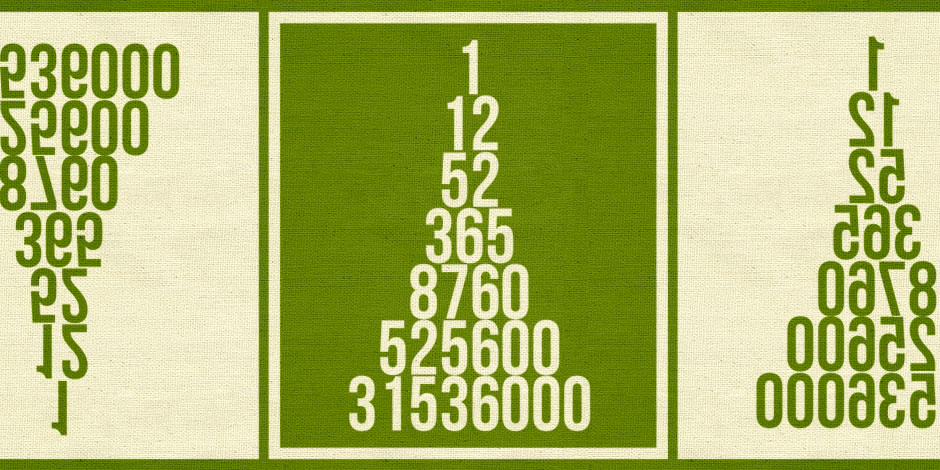Questions:
Have you ever been in a conversation where someone pointed out something wrong with you more than what was right?
Can you name your strengths? Can you name your weaknesses? Is it easier to identify your weaknesses than your strengths?
Here’s what I know…
Most of us focus on our weaknesses more than our strengths. Even deeper than that, most of us focus on each other’s weaknesses more than strengths. We spend more time talking about them and thinking about them. It seems that from childhood, we are wired to think and live this way. I’ve always felt like that was wrong for some reason. Even as a child, I never seemed to leave a conversation on weaknesses feeling inspired or ready to CRUSH anything. If anything, I’d leave feeling inadequate and always missing some invisible mark.
After reading Marcus Buckingham’s book, “Now, Discover Your Strengths“, I realized that focusing on weaknesses is a learned behavior that impairs both you and those around you. We’re taught to seek out what’s wrong with us 300% more than what’s right. And most of our lives are hindered with trying to dot the I’s and cross the T’s. We never maximize our potential because we assume that what’s weak needs to be fixed before we can move forward. So we end up walking or sprinting instead of running.
For example, we tell the 5th Grader who can’t seem to stay focused on his school work that he needs to sit down, shut up, behave, and make good grades. And on the inside of him is the creative genius with a bad case of A.D.D. who may go on to start the next billion dollar web company someday. We could care less about understanding HIS strengths or HIS DNA. We assume that he’s young and dumb and since we’re adults, then somehow we always know better. So, since he has to now suppress/oppress/suffocate his uniqueness in order to conform, he grows up to become another battery… another carbon copy of boring adults who hate their life and hate what they do. He never discovers his strengths due to the overshadowing responsibility to fix his weaknesses.
Ok, here’s another example. If he gets 2 “A’s” on his report card and an “F”, which one do you think his parents will spend most of their time discussing? That “F” says something… FAILURE. And what does mom and dad spend the next hour talking about… his FAILURE. Forget the A’s. Forget the hard work he put in to get those A’s. There’s no ice cream or celebration coming for that. He has a weakness to fix. One thing is wrong with him, but two things are right. But who cares about what’s right. It’s more important to highlight what’s wrong. And he will grow up living from that worldview the rest of his life.
Think about it. More than 85% of the people reading this are clueless to what they are good at or what their strengths are. They’ve spent their whole life listening to the voices of a suppressed society, telling them that they need to conform and behave. However, I can guarantee that 100% of us can identify in GREAT detail all of our weaknesses. Sad.
We don’t encourage one another to GO. To spread our wings. To fly. We live like there’s always something that needs to be fixed before we can soar. And then you die.



December 28, 2009
Santos Samayoa
wow great stuff...very true, might have to get that book to start my year off. How easy it is to focus on that "F" in our lives (i'm guilty of it) thanks for the word.
January 2, 2010
Antwon Davis
@Santos - Glad you stopped by and checked out the post. I would highly recommend the book. Great read. I can honestly say that I can now put more language behind describing what my strengths are in detail. Beforehand, I was guessing and using my own process-of-elimination. Now, I know my top 5 signature themes and have begun to see where my strengths exist in each. It is a great book to jumpstart the year.
January 5, 2010
Kevin Bailey
What great insight, I know I have strengths but I usually need someone else to tell me what they are and then I doubt. It is very easy to know my weakness and to see what other people's weaknesses are. I work very hard to overlook the weaknesses of other people and to focus more on their strengths but it is a completely different proccess to do this for myself. Thanks for the post, I'll have to check out the book.